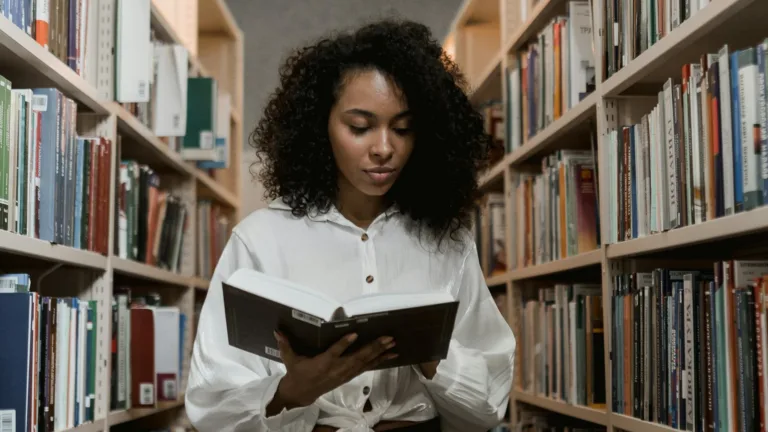As we navigate life’s twists and turns, it’s not uncommon to lean on therapists for guidance and support- crucial pillars in our mental health journey. Yet, much like any relationship, our expectations and bond with our therapist can shift over time. Maybe your needs aren’t being met. Maybe you’re not “vibing” as the kids say these days! Whatever the reason- ghosting someone doesn’t feel great and it also robs you of the opportunity to express your feelings and self advocate. It also prevents the therapist from learning from the experience as well. You have valuable feedback!
Read on to learn 4 steps to saying goodbye to your therapist that don’t involve ghosting them.
1. Open Communication: The cornerstone of any healthy relationship, including the one between therapist and client, is open communication. Express your thoughts and feelings openly and honestly with your therapist. You are not responsible for their feelings, but it might feel best for you to communicate clearly and effectively, to align with your values. Schedule a session specifically to discuss your decision to end therapy or to ask for a transfer to another provider. This allows both parties the opportunity to reflect, express gratitude, and address any lingering concerns. According to a study published in the Journal of Counseling Psychology, effective communication significantly contributes to positive outcomes in therapy (Johnson & Ruff, 2010).
This might sound like: “I wanted to offer some reasons for why I am choosing to discontinue therapy or why I’d like to discuss transferring to another therapist.”
2. Provide Notice: Respecting your therapist’s time and commitment is helpful when ending therapy. This allows them to wrap up any loose ends, provide appropriate referrals if necessary, and ensure a smooth transition for both parties. According to the American Psychological Association, providing advance notice demonstrates consideration and professionalism, fostering a sense of closure for both therapist and client (APA, n.d.).
3. Reflect on Progress: Take time to reflect on the progress you’ve made during your time in therapy. Acknowledge the growth and insights gained, recognizing the role your therapist played in supporting your journey. Sharing your reflections with your therapist can be a meaningful way to honor the therapeutic process and express appreciation for their guidance and expertise. Research published in the Journal of Consulting and Clinical Psychology suggests that reflecting on therapy outcomes can enhance therapeutic effectiveness and promote positive closure (Lambert et al., 2003).
4. Express Gratitude: Gratitude has the power to deepen connections and foster emotional well-being. Before parting ways with your therapist, take a moment to express your gratitude for their support, empathy, and dedication throughout your therapeutic journey. They will likely thank you for your honesty and communication- your feedback could make them a better therapist to their future clients as well!
Ending therapy doesn’t have to be a daunting or uncomfortable process. By approaching the conclusion of therapy with honesty, respect, and gratitude, both therapist and client can part ways with dignity and closure. Remember, the end of therapy marks not the conclusion of your journey but the beginning of a new chapter in your personal growth and well-being.
If you’ve recently broken up with your therapist but are interested in a Bright Spot Therapist and what they have to offer, check out our therapist biographies to see who might be a good fit for your needs or call 248.296.3104 to learn more.
Other Resources:
https://www.self.com/story/how-to-break-up-with-therapist
https://www.healthline.com/health/mental-health/7-tips-for-breaking-up-with-your-therapist





